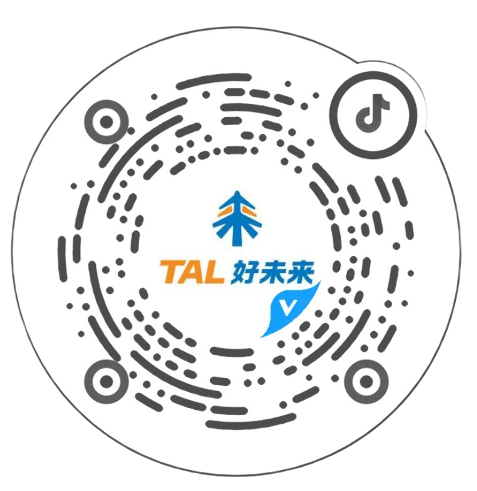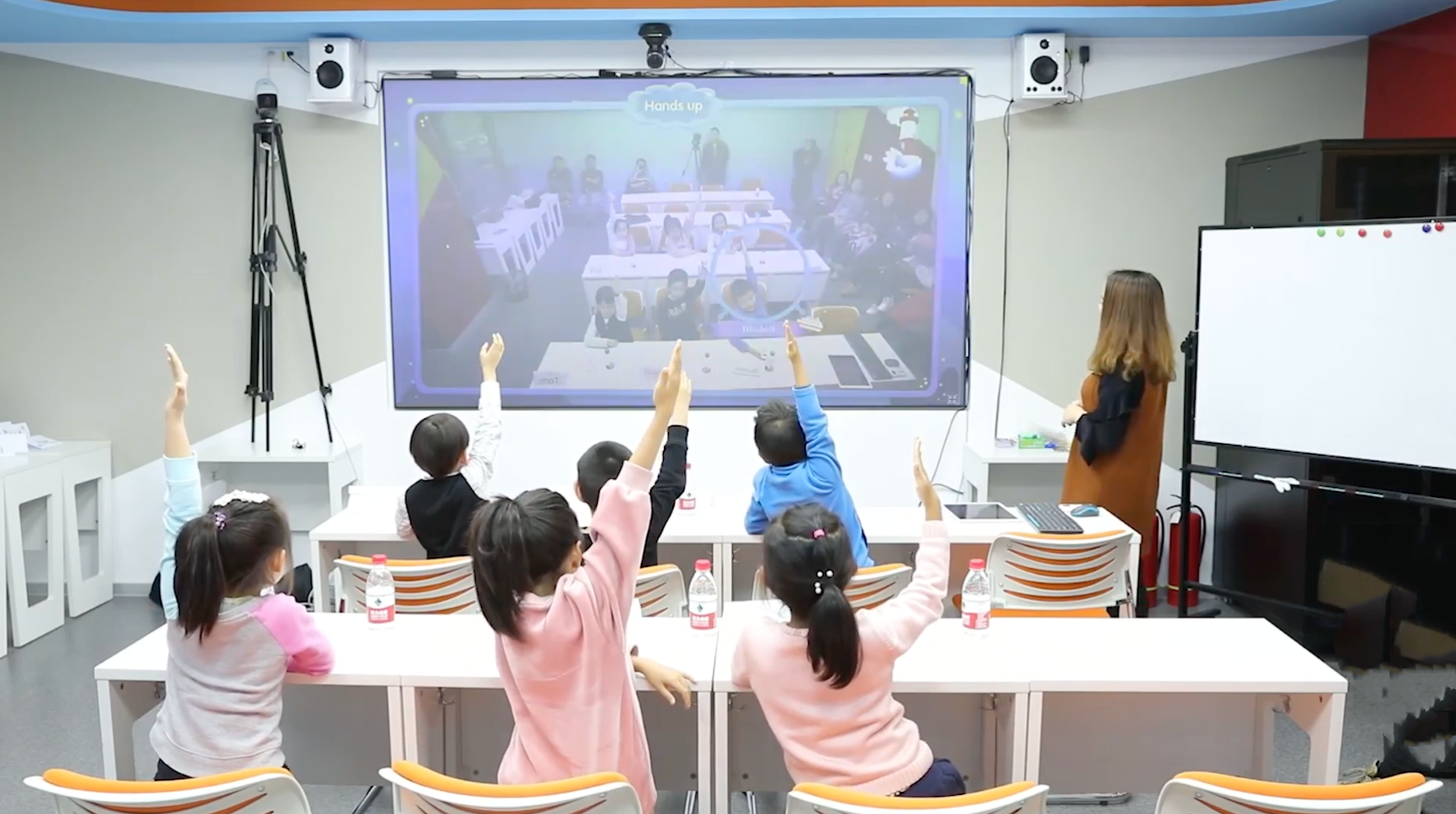




Education drives the progress of human civilization and social development. From the parallel systems of official and private schools in ancient China to the modern compulsory education and higher education systems, educational reforms reflect the development of social systems and the advancement of the times. President Xi Jinping emphasized in a congratulatory letter to the inaugural class of the Schwarzman Scholars at Tsinghua University: "Education inherits the past, creates the present, and opens up the future, and is an important force in promoting the progress of human civilization."
As the digital society accelerates, it profoundly changes the ways of human production, life, and learning, as well as the evolution of global competition dynamics. The rise of AI technology, represented by large language models, is a comprehensive technological revolution that will cause profound changes in the education industry. Breakthrough developments in AI technology will redefine learning objectives and talent competitiveness.
Technological Innovation Supports Educational Development
President Xi Jinping emphasized, "We are closer than ever in history to achieving the grand goal of the great rejuvenation of the Chinese nation, and we are more eager for talent than ever before." As one of the pioneers in the domestic educational technology field, TAL Education Group (hereinafter referred to as "TAL") has always adhered to promoting educational modernization with technology and taking the cultivation of modern talents as its mission. Leveraging its unique advantages in technological innovation, product innovation, and content creation, TAL assists in the comprehensive digital transformation of full-time schools and various participating entities, contributing to the construction of a lifelong learning society.
In August 2022, TAL upgraded its corporate mission to "To empower life-long growth with love and technology," aiming to focus on its primary education business while actively exploring new consumption, new services, and new regions. Starting with serving young learners, TAL actively aligns with the latest developments and applications of digital technology. Its products have evolved from serving a single group to all learners, from developing proprietary technology systems to open technology platforms. Currently, TAL faces new challenges and development opportunities: exploring new directions to stabilize its survival foundation and shifting gears for "rebirth" to create services and products of greater social value.
Through technological means, TAL achieves large-scale, low-cost, high-quality educational services, promoting educational equity and universal access. At the beginning of the global pandemic in 2020, TAL quickly established a 100-million-yuan special fund to combat the pandemic, providing nationwide primary and secondary schools and offline training institutions with free live teaching systems and offering live classes to primary and secondary students across the country, ensuring that learning continued. During peak times, more than 60 million students watched the live classes daily.
TAL actively collaborates with non-profit organizations and educators to improve the educational conditions in resource-poor areas. By leveraging technology, it brings high-quality educational resources from developed regions to underserved areas, establishing long-term mechanisms for educational improvement. This transition from "blood transfusion" to "blood production" promotes sustainable educational equity and development.
Since 2016, TAL has focused on "using technology to promote educational progress," utilizing its resources and technological advantages as an educational technology enterprise to share high-quality educational resources with resource-scarce areas, upgrade internet-based remote teaching, and collaborate with various entities to launch educational public welfare platforms like "Springbud Online" and "Affection for the Mountains" foundation. It cooperates with governments to carry out educational informatization projects, promoting local educational development through enhanced digital education.
In 2018, TAL's Foundation launched the "Dual-Teacher Classroom" project targeting remote areas. This initiative builds an internet public education platform combined with training for teachers in poor areas on using the platform. The project ensures long-term delivery of high-quality educational resources to teachers and students in remote regions and integrates deeply into their teaching and learning activities, addressing the heavy reliance on teachers for in-person support in enhancing educational quality in these areas. TAL's top-tier teachers empower local educators and students, creating a lasting teaching mechanism that combines online and offline support.

The Dual-Teacher AI Classroom integrates
TAL's AI technology with offline classrooms, offering a high-quality mix of online and offline education. By breaking down the education process into "online teachers for teaching and research" and "offline teachers for personalized support," the Dual-Teacher Classroom maximizes existing educational resources and introduces advanced, convenient educational models to various regions, enabling more children to access high-quality educational resources.
As of now, TAL has implemented educational assistance projects in places like Jimunai in Xinjiang, Foping in Shaanxi, Wangmo in Guizhou, and Xiongxian in Hebei, bringing Dual-Teacher Classrooms to local children.
Currently, TAL has transitioned from developing independent courses and platforms to collaborating with industry organizations to create an educational ecosystem and partnering with societal forces to address educational issues.
In June 2018, TAL's Foundation launched the "Starting Plan" to address the challenges of lesson preparation faced by preschool teachers in poor areas. It designed a set of early childhood education courses and materials for kindergartens in Bijie, Guizhou, and sends volunteers annually to provide offline training to local teachers, enhancing their teaching skills. Additionally, TAL co-hosts the Global Education Summit (GES) with organizations such as the China Development Research Foundation, Beijing Normal University, and Global Silicon Valley (GSV), focusing on topics like "technological innovation promotes educational progress" to discuss global trends in the education industry.
In 2017, TAL established the AI Lab, and in 2019, the Ministry of Science and Technology approved TAL's construction of the "National New Generation Intelligent Education Open Innovation Platform." In May 2023, the platform officially launched the AI Cloud Classroom. TAL's AI teacher Mandarin teaching system currently covers 252 teaching sites, 72 primary schools, over 80,000 students, and more than 2,000 teachers in Zhaojue County, Liangshan Yi Autonomous Prefecture, Sichuan Province. In May 2023, TAL announced the global launch of its independently developed MathGPT model, aiming to advance AI technology in specialized fields.
Educational Technology Companies Going Global
"Ensuring inclusive and equitable quality education and promoting lifelong learning opportunities for all" is one of the 17 sustainable development goals stated in the UN 2030 Agenda for Sustainable Development. Under this goal, it is projected that only 1/6 of countries will achieve universal quality education by 2030, with 84 million children and adolescents out of school. The uneven distribution of resources and regional disparities in traditional education need urgent solutions.
Technology serves as an essential carrier for educational opportunities and innovation. It lowers educational entry barriers, connects various educational resources, and offers new educational opportunities while empowering traditional education. The COVID-19 pandemic accelerated the global trend of educational technology, giving rise to emerging education companies like Coursera, Khan Academy, and BYJU's. AI's impact on the education industry promises significant commercial potential. After years of operational experience and technological advancements, Chinese educational technology companies have become international leaders in the field.
President Xi Jinping emphasized, "With a more open attitude, we will strengthen international scientific and technological exchanges, actively participate in the global innovation network, promote basic research, and accelerate the transformation of scientific and technological achievements." Actively embracing international markets aligns with the Ministry of Commerce and Ministry of Science and Technology's guidance for tech companies to "go global" and serves the "Belt and Road" initiative. TAL aims to foster independent innovation capabilities and international competitiveness, becoming a multinational company and global brand with proprietary intellectual property, contributing Chinese wisdom to global educational equity through high-quality content and advanced technology.
Through continuous exploration, TAL has achieved notable results, such as developing international business through overseas branches and innovative products, participating in international cooperation in science and education, and pioneering new fields in quality education and Chinese language education with applications like "Dr. Panda." By sharing China's successful experiences and outputting brand culture and technology, TAL aims to contribute to global education resources and accelerate balanced development in quality education worldwide.
TAL will continue to pursue its "going global" goals, contributing to global education resources and promoting harmonious and balanced educational development.